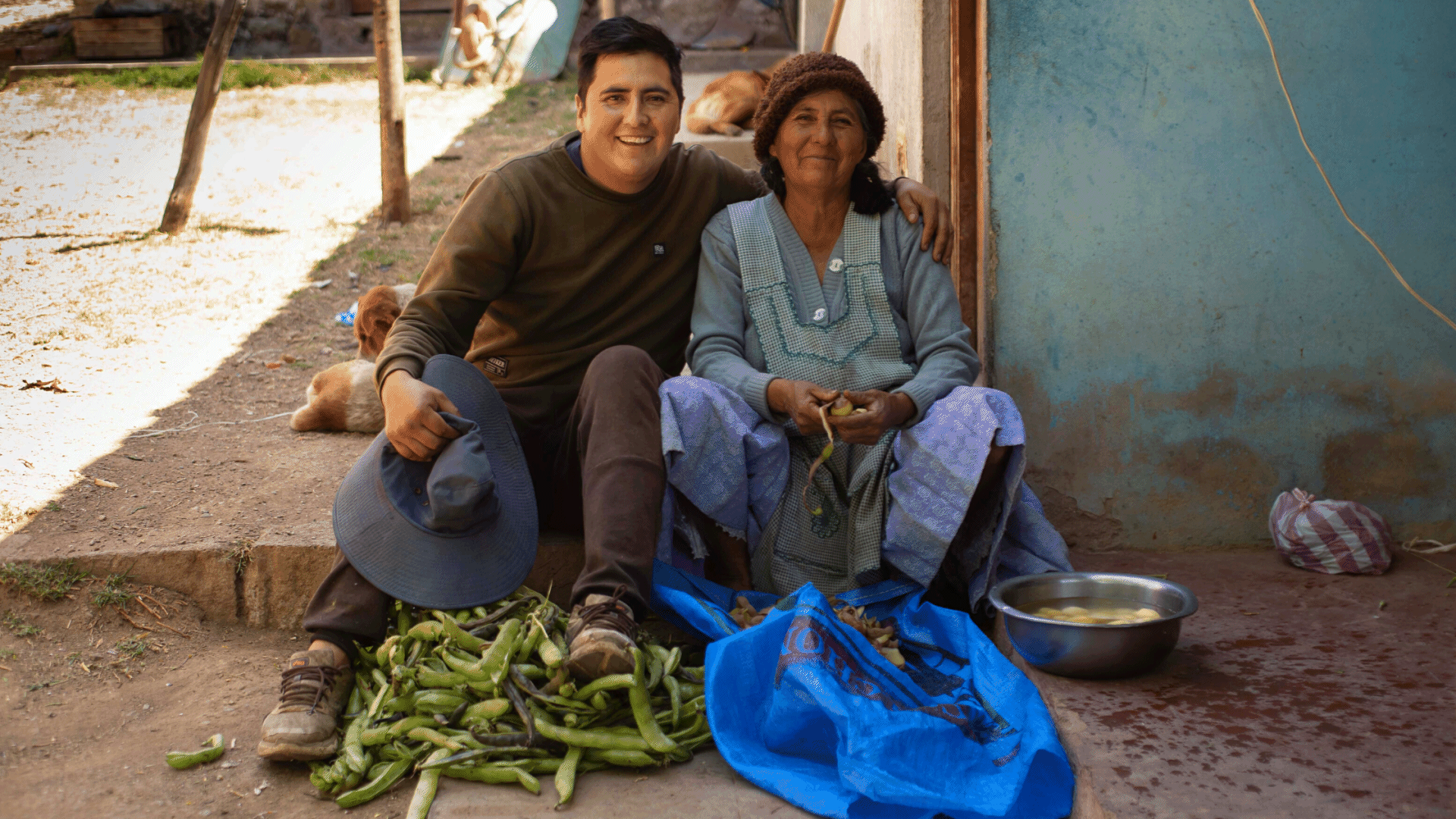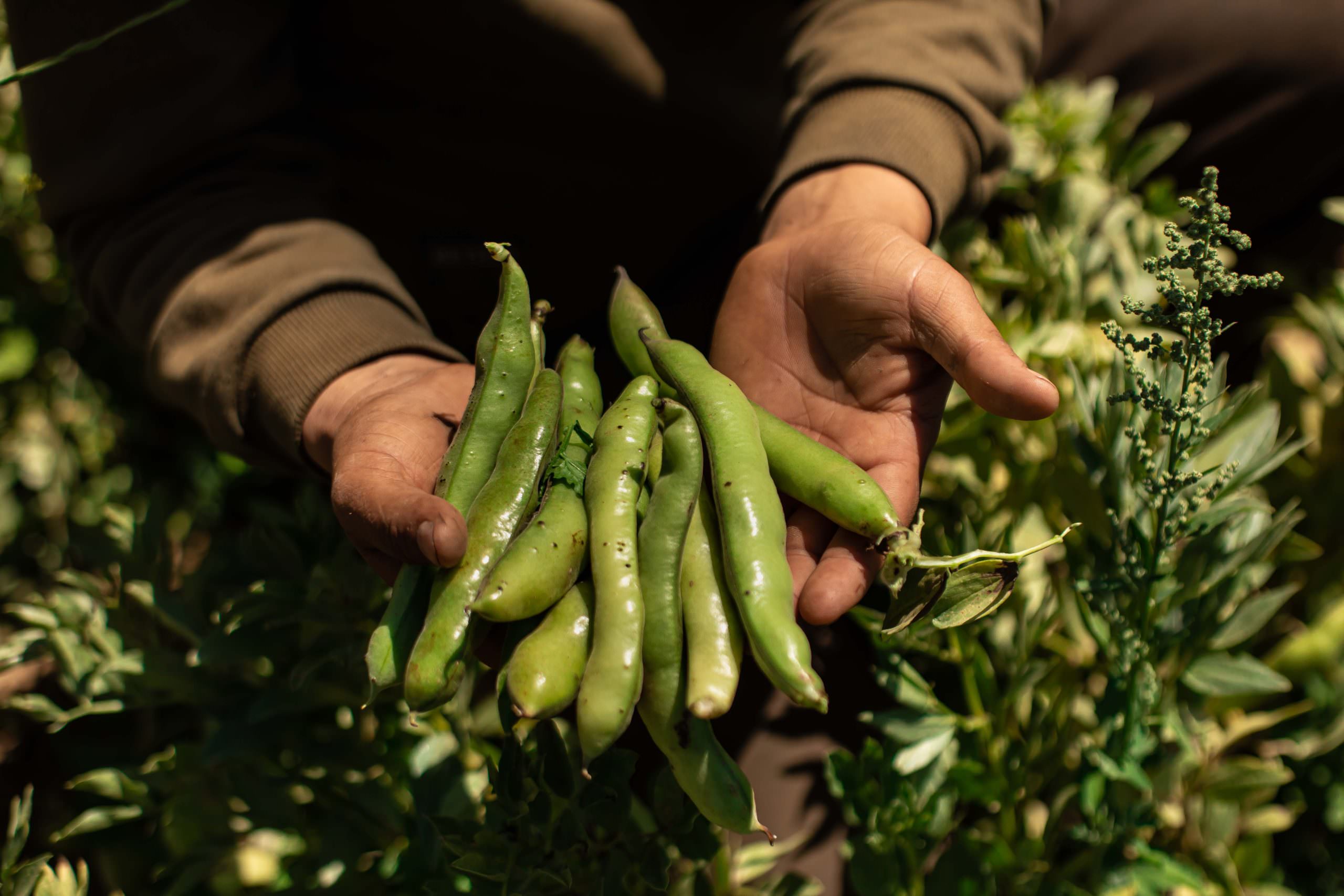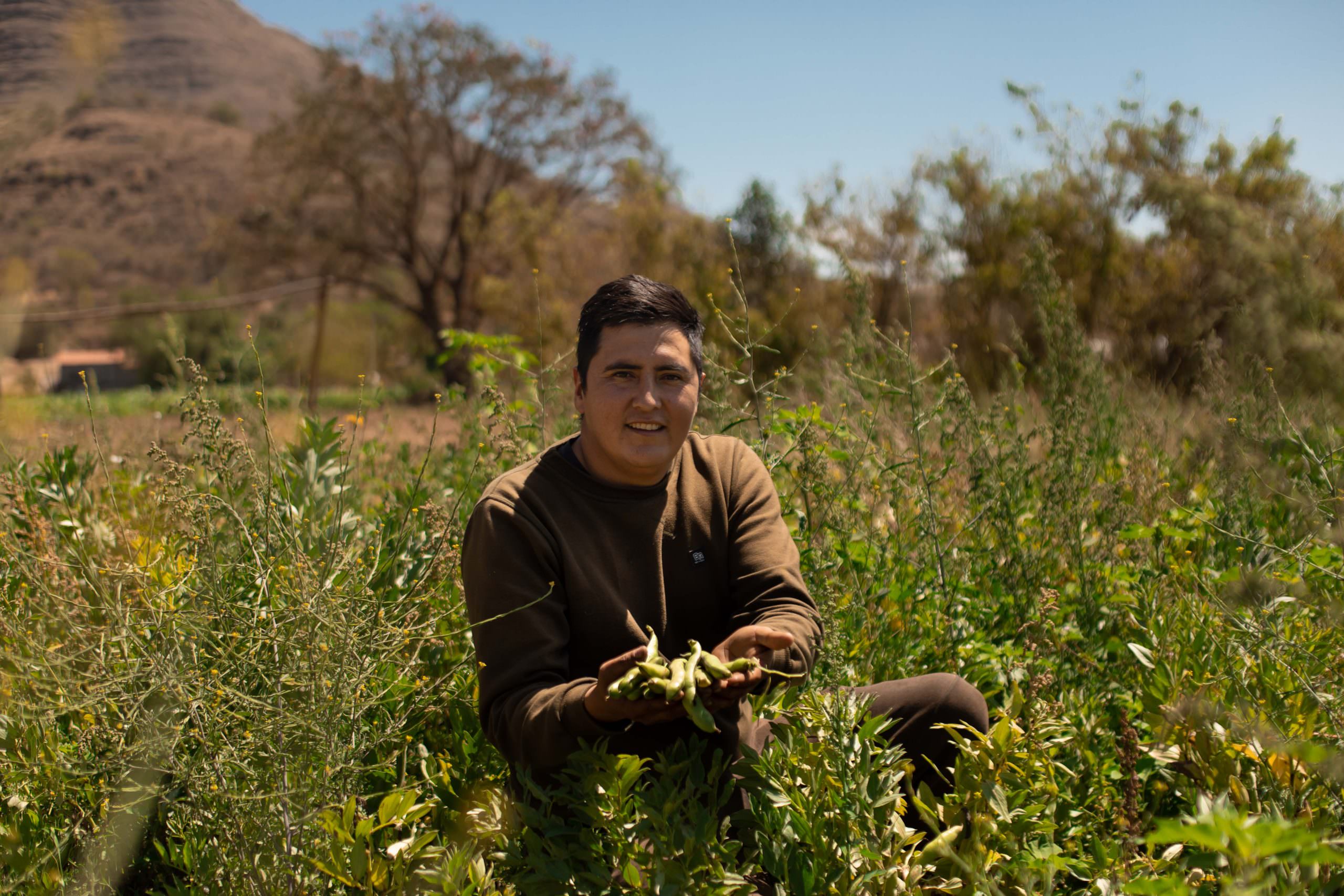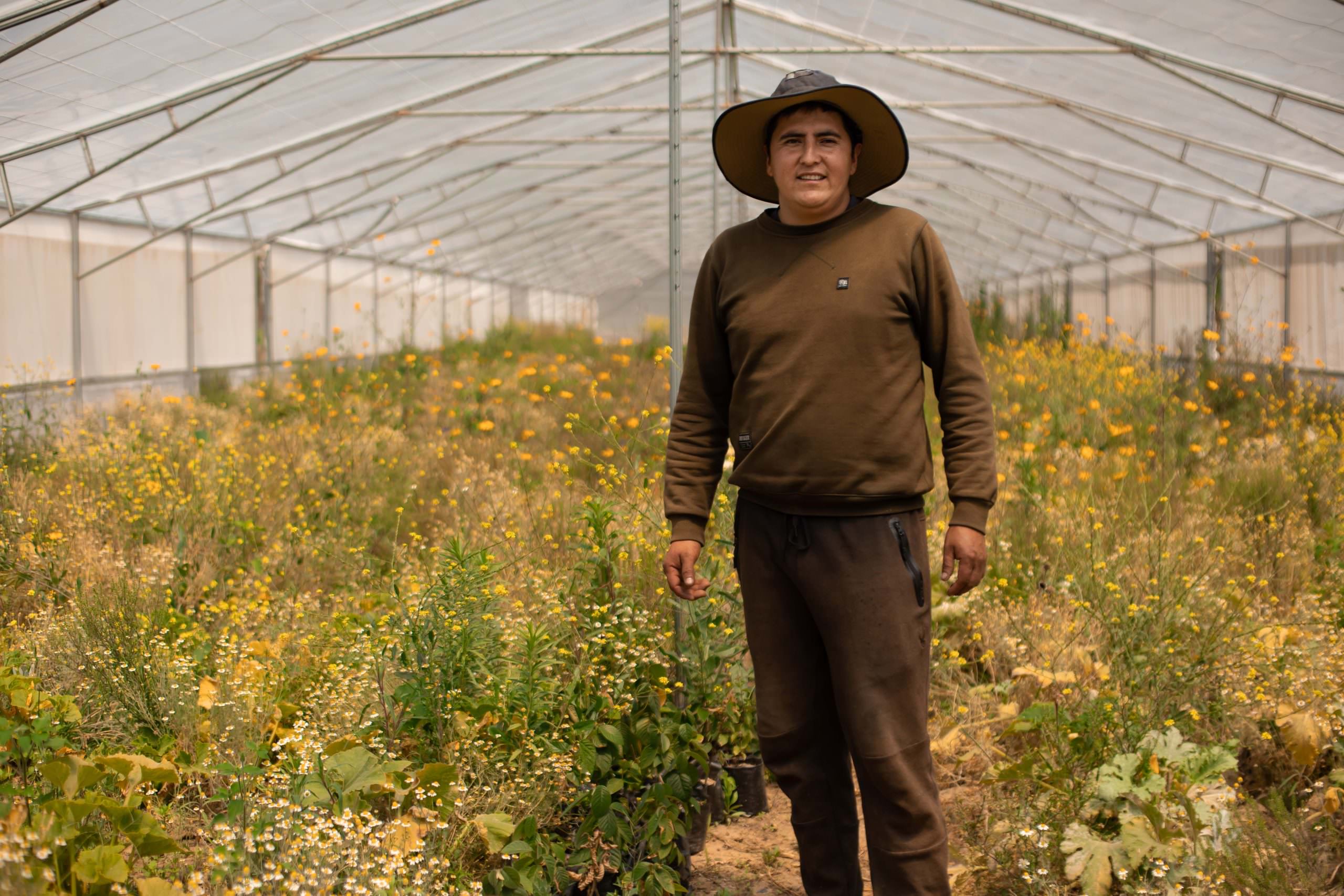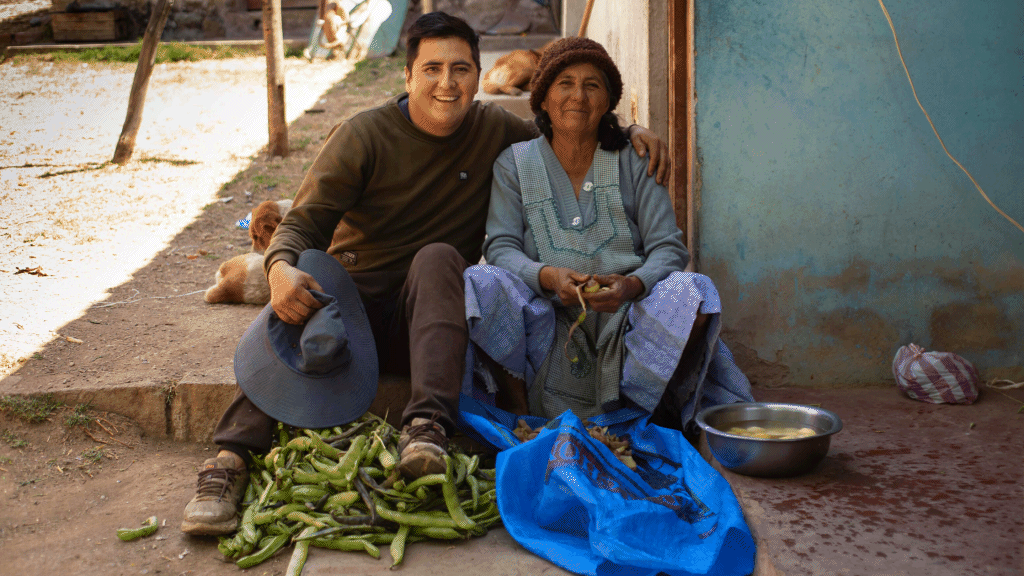Pesticide Exposure in Bolivia
The use of pesticides has increased during the past decades, also increasing the risk of exposure to toxic pesticides that can cause detrimental health effects in the future. This is of special concern among farmers in low-to-middle-income countries that may lack proper training in the safe use of these chemicals.
According to one study in the Journal of Exposure Science and Environmental Epidemiology of rural farmers across three agricultural communities in Bolivia, 84% of farmers reported experiencing symptoms of acute pesticide poisoning.
Félix Añazgo Velasquez is one such farmer. He was born and raised in Erquis Oropeza, Bolivia, an agricultural community with 3,000 residents. He still lives there today with his parents and four siblings.
Since he can remember, Félix has dedicated himself to the countryside and working the land with his family. He even studied agronomy in college.
Understandably, he grew worried when his elderly parents began showing signs of acute pesticide poisoning – stinging eyes, rashes, blisters, nausea, dizziness, diarrhea, and more. From that moment on, he was committed to transitioning to a healthier way of farming.
Advance Supports Community-Driven Organic Farming in Bolivia
This was when Felix discovered Advance Bolivia, who provides community-based trainings to transition farmers to more organic, sustainable agriculture methods.
With much enthusiasm he began learning how to migrate his conventional production processes towards agroecological processes – sustainable farming that works with nature. These new practices improve care of the environment, the economy, and the nutrition of local families.
This migration process consists of gradually reducing chemicals used in all the vegetables it produces, thus reducing the damage they cause to long-term health when ingested. The organic fertilizer and pesticide workshops share important information with more and more farmers rural Bolivian farmers like Felix every season.
Effects of Going Organic
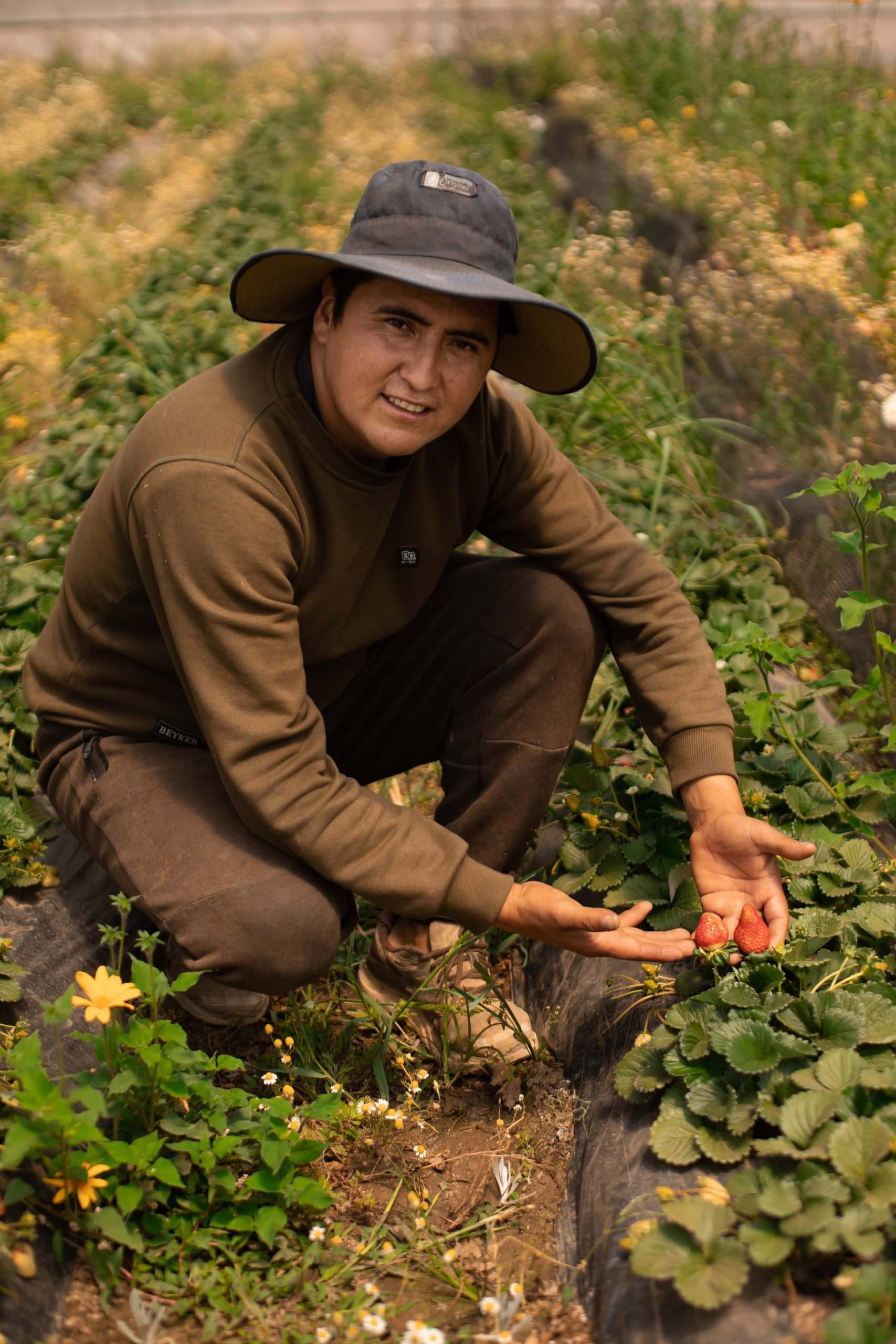 Felix is aware that many people now prefer to buy natural produce and that organic fruits and vegetables have an added value. He remains constant and committed to the workshops, also learning how to prepare healthy and balanced meals. The team of local community health educators implements additional trainings on recipes that include the vegetables of high nutritional value that they produce.
Felix is aware that many people now prefer to buy natural produce and that organic fruits and vegetables have an added value. He remains constant and committed to the workshops, also learning how to prepare healthy and balanced meals. The team of local community health educators implements additional trainings on recipes that include the vegetables of high nutritional value that they produce.
“We learned how to make quinoa burgers with parsley and potatoes with a side of broccoli, cabbage, tomato, and spinach salad. Everyone in my class was very surprised by how delicious the recipe was without any meat, being low in calories and very nutritious.”
This important program has not only relieved Felix’s parents of their symptoms and limited their exposure to poisonous toxins, but elongated their lives through the power of nutritious eating!
